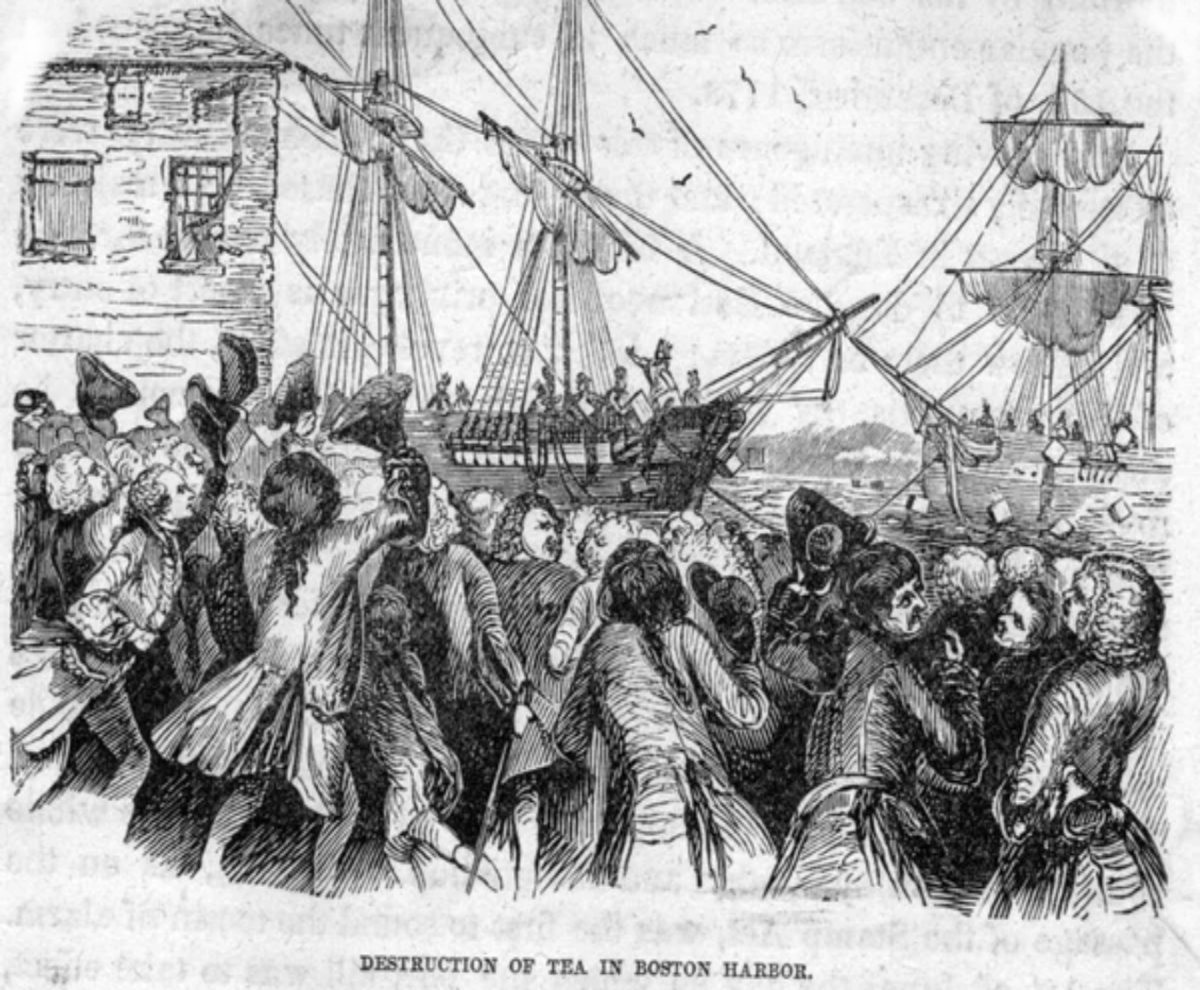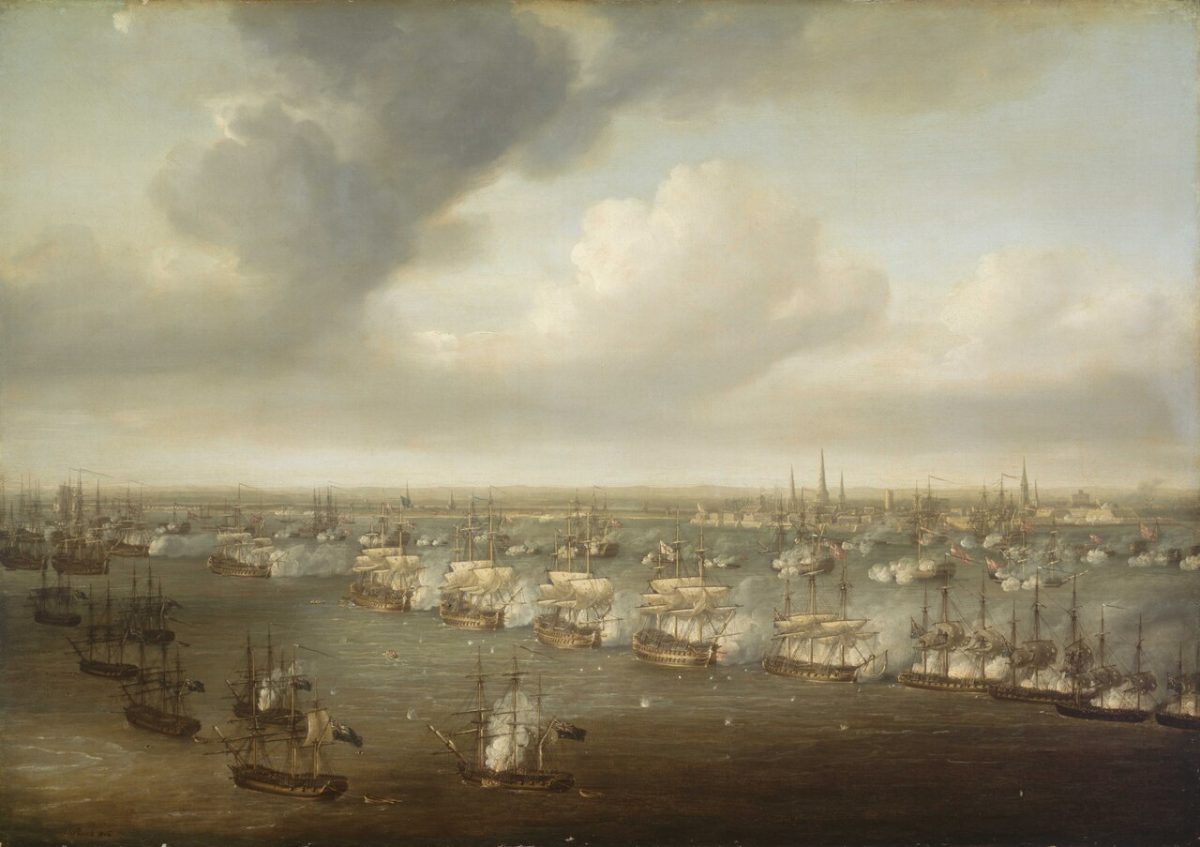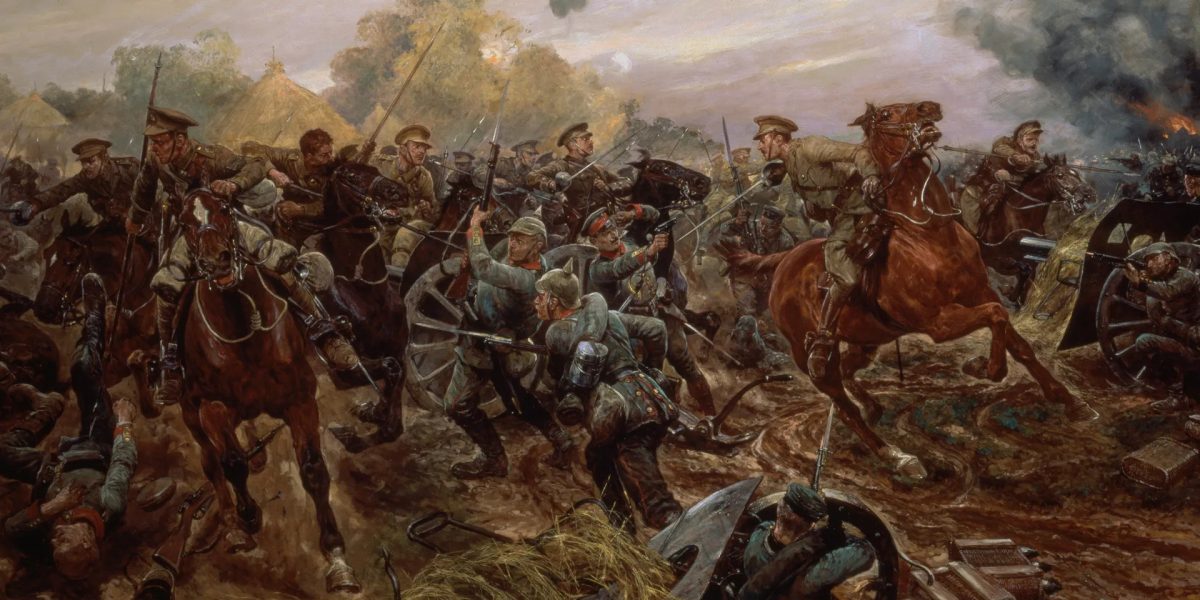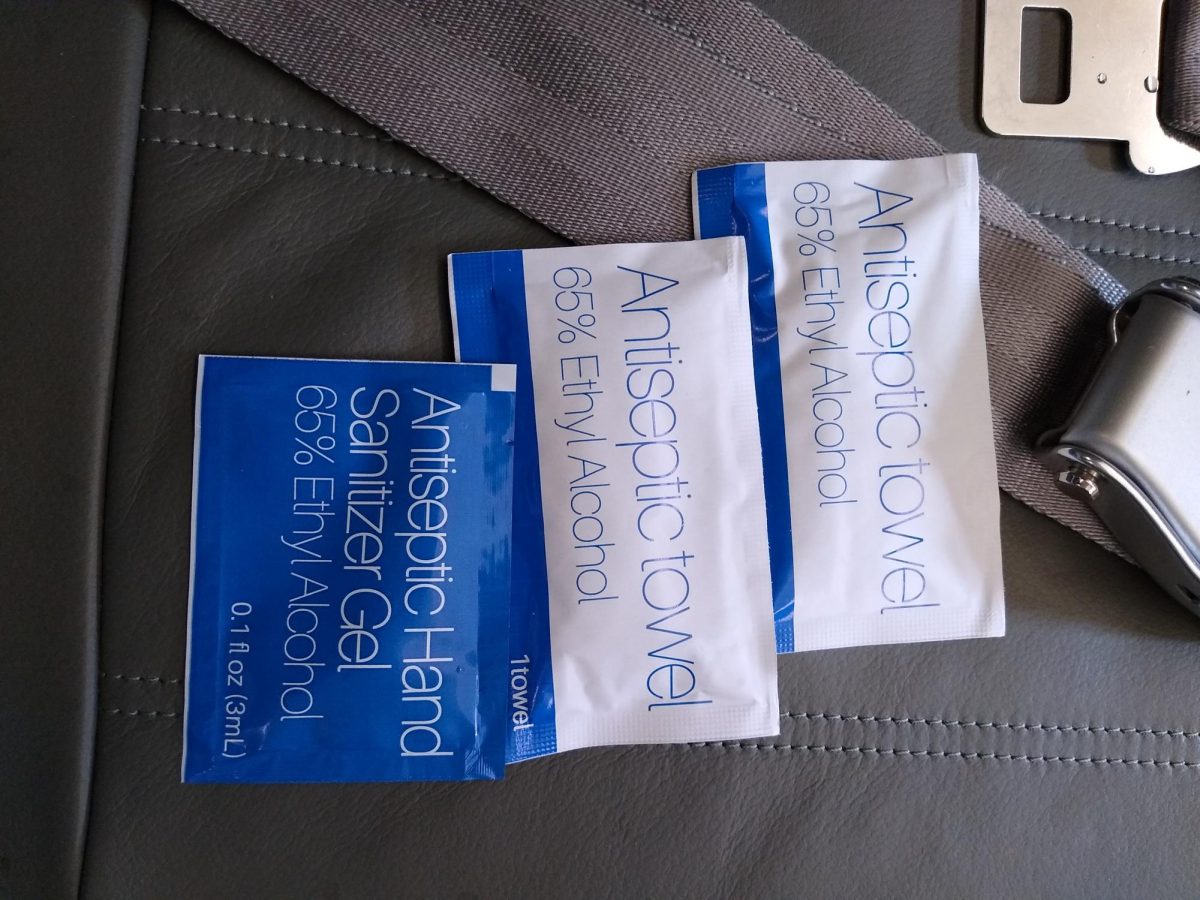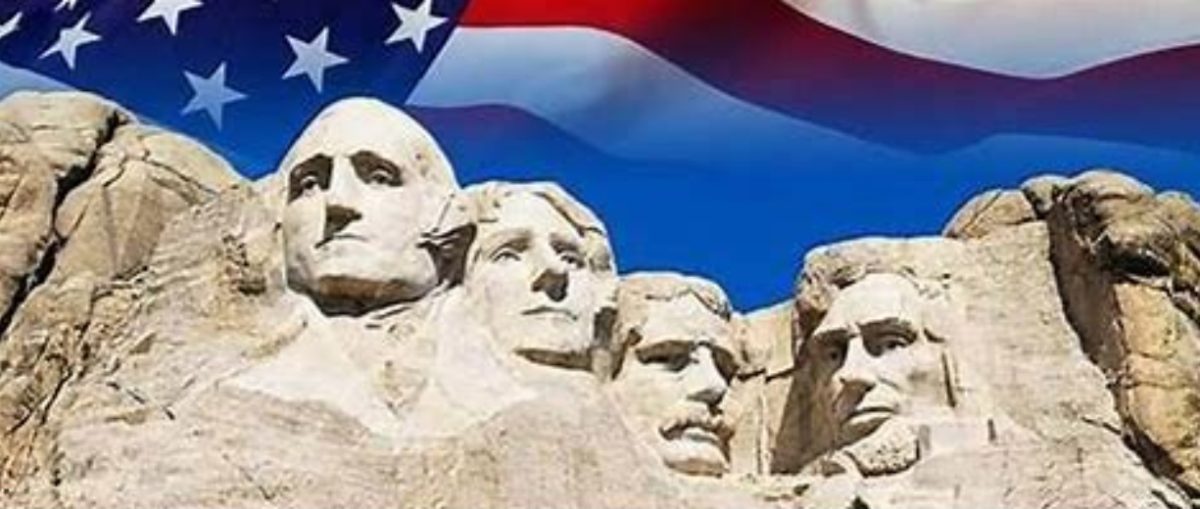December is one of the most enjoyable months of the year for many people. While partially due to the over-commercialization of major holidays and a long break at the end of the month, people take December as a time to relax. However, December also has a wealth of historical anniversaries that are worthy of celebration. One such anniversary is that of the Boston Tea Party, which celebrates its 250th anniversary this year
The British American Colonies were very different in 1773. The British colonial government was still in power, and the majority of citizens were content with that. Nevertheless, in the colony of Massachusetts, tensions between the colonists and regulars in the service of Great Britain were drawing to a height.
The cause of most of this trouble was several laws passed by the British government. Before 1765, colonial-British relations were peaceful. The British soldiers protected the colonists from the French and Indians, and no extra taxes were imposed on the colonists by the British crown.
In 1765, Parliament passed the Stamp Act, which required colonists to pay a tax and purchase a stamp for any official piece of paper used for virtually anything. Colonists were outraged by this and violent resistance began. The homes of officials were burned, stamp offices were sacked, and no one paid the stamp tax. This was simply because no one could sell stamps in the colonies. The Sons of
Liberty (essentially the Patriot paramilitary) would tar and feather any stamp official they could find.
While the British believed that the taxes were a way colonists could pay back the government for their protection, the backlash forced them to repeal the tax. Colonists rejoiced, and everything seemed back to normal.
In 1767, the British tried again with the Townshend Acts. These were external taxes, to be paid at American ports, rather than by ordinary citizens. Colonial merchants became just as furious and matters continued to worsen. Sons of Liberty leader Samuel Adams and his financial backer, John Hancock, continued to stir up the anti-British movement. Even after the British repealed all but the tax on tea, which was just 2 pence per pound, the colonists would not pay.
In December 1773, bad news arrived. Three ships, owned by the British East India Company and carrying loads of tea, had arrived in Boston Harbor. The Sons of Liberty called a mass meeting. About 1⁄3 of Boston’s population turned out. After several speeches, discussion, and attempts to send the ships back, the Sons of Liberty decided to take action. “Boston Harbor’s going to be a tea pot tonight!” men shouted. Donning crude Mohawk disguises, the Patriots stormed Eleanor, Dartmouth, and Beaver and began to unload their holds. The tea chests were axed open, and their contents dumped overboard. When every ounce of tea had been dumped, the colonists swept the decks and marched off.
The British were horrified. They soon passed the Intolerable Acts, closing Boston Harbor and removing Massachusetts’ right to govern itself. All the colonies were offended and resolved to resist the United Kingdom. Soon, the American Revolution would begin.
Today, the Boston Tea Party is remembered as a historic act of resistance towards British rule and an important step towards the American Revolution. Remembering our history is important, and the Boston Tea Party is no exception.



